When people hear “Maldives,” they imagine luxury resorts, honeymoon sunsets, and water so blue it looks unreal. That’s the postcard version. My version started the moment I walked into a Maldivian hospital for my first shift as a foreign doctor working in the Maldives.
I thought I was ready—armed with medical training, international guidelines, and plenty of enthusiasm. But nothing prepared me for the cultural shocks that unfolded day after day. They weren’t the kind of shocks that leave you frustrated—they were the kind that make you stop, laugh, adjust, and realize that medicine isn’t just about textbooks. It’s about people, culture, and rhythm.
Patients Arriving with Half the Island
One of the first cultural shocks I faced while working in a Maldivian hospital was the sheer number of people who accompany a single patient. Back home, I was used to patients arriving alone or with one close relative. In the Maldives, my very first ER patient showed up with what looked like an entire extended family.
Uncles, cousins, and even neighbors crowded into the waiting area. At first, I didn’t know who was sick and who was just visiting. It was overwhelming, but also eye-opening. Here, illness isn’t an individual burden—it’s a shared experience. Community support is strong, and families often play an active role in decision-making. For me, learning to balance medical authority with family involvement was a lesson in cultural sensitivity.
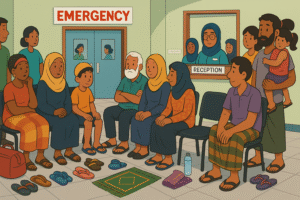
The Art of Silence
Another shock was discovering that silence isn’t uncomfortable here—it’s meaningful. On my third day, I asked a patient about his symptoms. He nodded, then stayed silent. I assumed he didn’t understand me, but after a pause, he slowly answered.
In Maldivian culture, silence is respect. It’s time to think before speaking. As a doctor abroad, I had to unlearn my habit of rushing patients and instead allow pauses in conversations. Surprisingly, the more I respected the silence, the more openly patients shared.
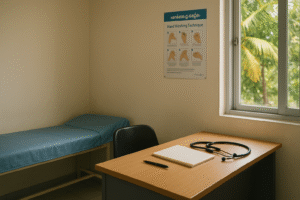
Island Time in the Hospital
If punctuality is your religion, the Maldives will shake your faith. Appointments start late, meetings stretch out, and time feels more fluid than fixed. This “island time” first frustrated me as a foreign doctor. But over time, I realized it has its own wisdom.
In the hospital, this relaxed pace reduces tension. Conversations aren’t rushed, and patients feel less pressured. It may clash with Western-style efficiency, but it also fosters a calmer, more human environment.
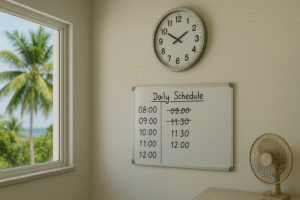
Language Barriers Beyond Translation
Every foreign doctor expects language challenges, but in the Maldives, it goes deeper. Medical English terms often don’t exist in Dhivehi, the local language. I once tried explaining “dehydration” to a mother, only to realize the concept didn’t translate directly. I ended up drawing a water bottle and a tired child on paper to get the message across.
This taught me that being a doctor here requires creativity. Medicine isn’t just spoken—it’s shown through gestures, sketches, and teamwork with bilingual nurses.
Religion in Daily Life
The Maldives is a Muslim country, and Islamic traditions shape everyday hospital life. The call to prayer drifts through hospital windows, and during Ramadan, fasting patients and healthcare staff adjust their routines.
At first, this meant sudden schedule shifts and unique challenges in treatment planning. But over time, I learned to see religion not as a barrier, but as a guide to understanding patient values. Respecting faith became just as important as prescribing medicine.
Final Thoughts: More Than Just Medicine
Being a foreign doctor in the Maldives isn’t just about practicing medicine—it’s about embracing cultural shocks that turn into lifelong lessons. From crowded waiting rooms filled with family, to the power of silence, to the flexibility of island time, every experience shaped me both as a doctor and as a person.
For anyone considering working as a doctor in the Maldives, know this: you will be challenged in ways you don’t expect. But if you stay open, patient, and willing to adapt, these cultural shocks won’t just surprise you—they’ll transform you.
✨ In the Maldives, medicine isn’t only about treating patients. It’s about learning culture—one family gathering, one silent pause, and one island heartbeat at a time.


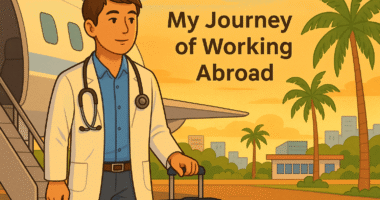
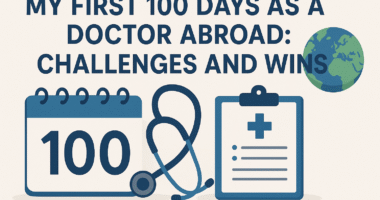
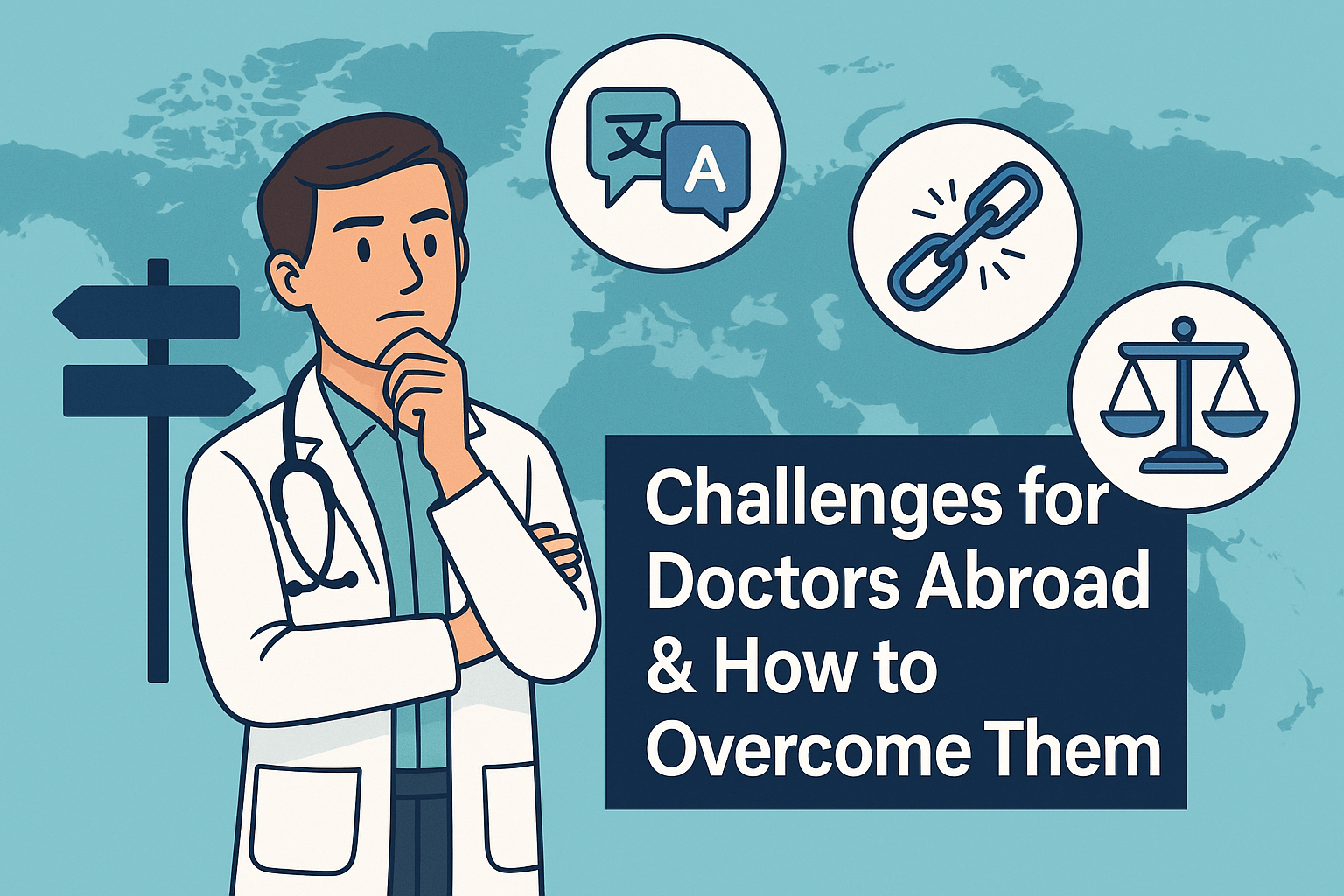
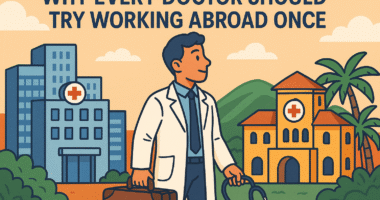




5 comments
Thank much …Fighting 💪
Appreciate 🥰
Best wishes Dr…